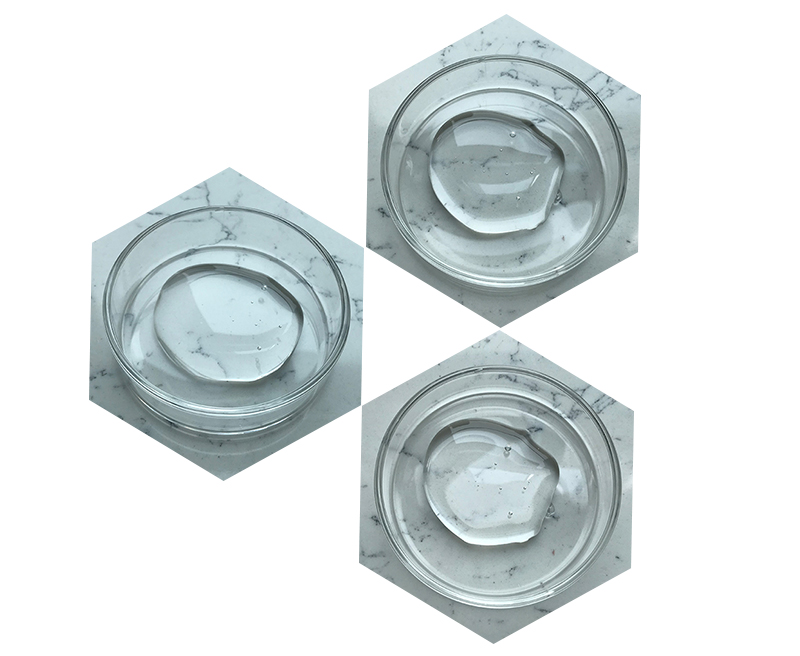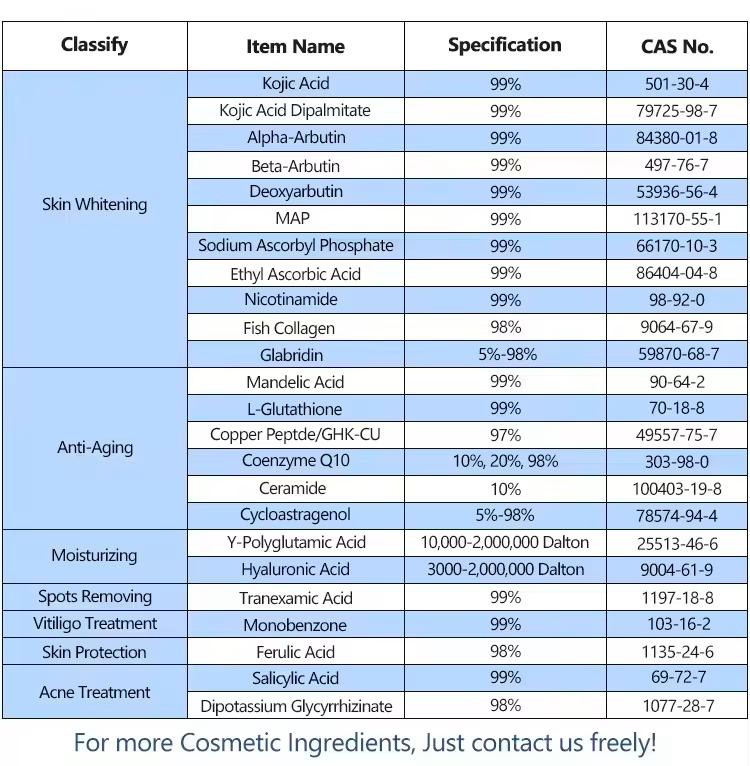Isopropyl Myristate (IPM) is a widely used ester of isopropyl alcohol and myristic acid, notable for its applications in the pharmaceutical, cosmetic, and industrial sectors. Below is a detailed overview covering its properties, uses, benefits, and safety considerations.
Chemical Properties of Isopropyl Myristate
Chemical Formula: C₁₇H₃₄O₂
Molecular Weight: 270.45 g/mol
Appearance: Clear, colorless, and odorless liquid
Solubility: Insoluble in water, soluble in alcohols and oils
Melting Point: -2°C (28.4°F)
Boiling Point: 167-168°C (332.6-334.4°F) at 20 mm Hg

Production of Isopropyl Myristate
Isopropyl Myristate is synthesized through the esterification reaction of isopropyl alcohol and myristic acid. The reaction is catalyzed by an acid or base to yield IPM and water.
Applications of Isopropyl Myristate
1.Pharmaceutical Industry
Topical Drug Delivery: Isopropyl Myristate is used as a penetration enhancer in transdermal formulations. It improves the permeability of active pharmaceutical ingredients (APIs) through the skin, making it effective for topical and transdermal drugs.
Emollient: Acts as an emollient in topical medications to provide a moisturizing effect.
2.Cosmetic Industry
Skin Care Products: Due to its non-greasy feel, Isopropyl Myristate is used in lotions, creams, and other skin care formulations. It acts as an emollient and enhances the spreadability of the product.
Hair Care: Included in conditioners and hair oils to improve texture and spreadability without leaving a heavy residue.
Makeup: Used in foundations and other makeup products to ensure smooth application and enhance the sensory attributes.
3.Industrial Applications
Lubricants: Functions as a lubricant in various mechanical and industrial applications due to its low viscosity and excellent spreading properties.
Plastics and Resins: Used as a plasticizer to modify the physical properties of plastics and resins.
Benefits of Isopropyl Myristate
Enhanced Penetration: Facilitates the deeper penetration of active ingredients into the skin, increasing the efficacy of topical treatments.
Non-Greasy Texture: Provides a lightweight, non-greasy feel, making it desirable in cosmetic formulations.
Moisturizing Effect: Acts as an emollient, helping to keep the skin hydrated.
Improved Stability: Stabilizes formulations and helps in the dissolution of other ingredients.
Safety and Toxicology of Isopropyl Myristate
Skin Irritation: Generally considered safe for use in topical and cosmetic products, though it can cause mild irritation in sensitive individuals.
Toxicity: Low toxicity profile. Acute and chronic studies indicate that Isopropyl Myristate is not harmful when used within recommended concentrations.
Regulatory Status: Approved for use in various pharmaceutical and cosmetic products by regulatory bodies such as the FDA and the European Medicines Agency (EMA).
Environmental Impact of Isopropyl Myristate
Biodegradability: Isopropyl Myristate is biodegradable and does not accumulate in the environment.
Eco-toxicity: Exhibits low eco-toxicological risk, making it relatively safe for environmental exposure.

Research and Development of Isopropyl Myristate
Ongoing research aims to explore:
Enhanced Formulations: Developing new drug delivery systems using Isopropyl Myristate as a carrier.
Synergistic Effects: Studying its combination with other penetration enhancers for improved efficacy.
Broader Applications: Exploring its use in novel cosmetic and industrial applications.
Conclusion of Isopropyl Myristate
Isopropyl Myristate is a versatile compound with significant applications in pharmaceuticals, cosmetics, and industry. Its ability to enhance the penetration of active ingredients, combined with its favorable sensory properties, makes it a valuable ingredient in many formulations. Safety studies affirm its low toxicity and environmental impact, supporting its widespread use in various products.
